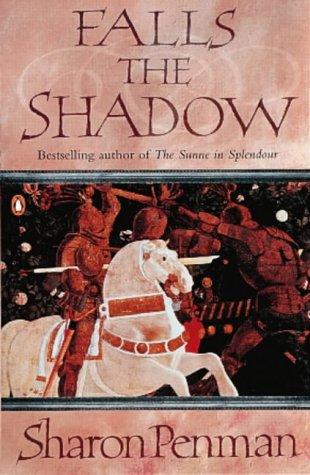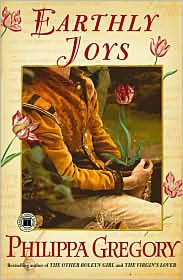
The Book of Saladin
by Tariq Ali
historical fiction
367 pages
As you might have guessed, I'm into medieval history. You can't be all that into medieval history and not know at least a little about the Crusades. In fact, I've read a fair number of non-fictional accounts of the various Crusades, but.... But, of course, they've all been about the European experience in the Holy Land, even when the author is not painting the Western knights as heroes.
One of the few Muslim leaders you hear about if you know even a little about the Crusades (even if your only exposure was, say, the historically inaccurate mess that was Ridley Scott's Kingdom of Heaven*) is Sultan Yūsuf Ṣalāḥ ad-Dīn ibn Ayyūb, better known to Westerners as Saladin. Sadly, aside from reading his wikipedia article, I know very little about Saladin from sources other than Western authors. In legend, he is, along with Richard I (of England, aka the Lion-Hearted) one of the great chivalrous leaders of the Crusades and the only "Saracen" respected by the other side. Since most of those legends aren't at all accurate about Richard, I tend to take them with a grain of salt.
The Book of Saladin is written from the point of view of Isaac ibn Yakub, a Jewish scribe selected by Saladin to write his biography. Along the way, ibn Yakub also talks to a couple of the women of Saladin's harem and Saladin's oldest friend. He also travels with the Sultan from Cairo to Damascus and finally, to Jerusalem, which Saladin takes back from the Christians. The result is a fascinating look at life on the other side of the Crusades.
Ali sticks to history when it comes to things like Saladin's accomplishments; the man's life really was remarkable and there isn't any need to embroider it. However, he invents the the various women in the book because medieval Islamic historical accounts don't even give us the names of the mothers of Saladin's sixteen sons. And while he does a good job at showing us how extraordinary Saladin was, you never really feel that you're getting into his head. He remains a distant figure for most of the book, while the invented women of his harem feel very real and interesting. In a way, however, the fact that Saladin is distant actually works; he is, after all, the Sultan, the figure around whom everyone else in the book revolves.
It's a good book and is a lot more readable than many historical novels; Ali is an excellent storyteller. Apparently this is the second of Ali's Islamic Quintet--although it certainly stands alone--and I intend to get my hands on the rest of them.
Next up, something that isn't historical fiction, probably either Keeping it Real by Justina Robson or Lies of Locke Lamorra by Scott Lynch.
*Don't get me wrong, I love Kingdom of Heaven, as incredibly flawed as it is. Where else could you hear Liam Neeson say: "I once fought for two days with an arrow in my testicle."







